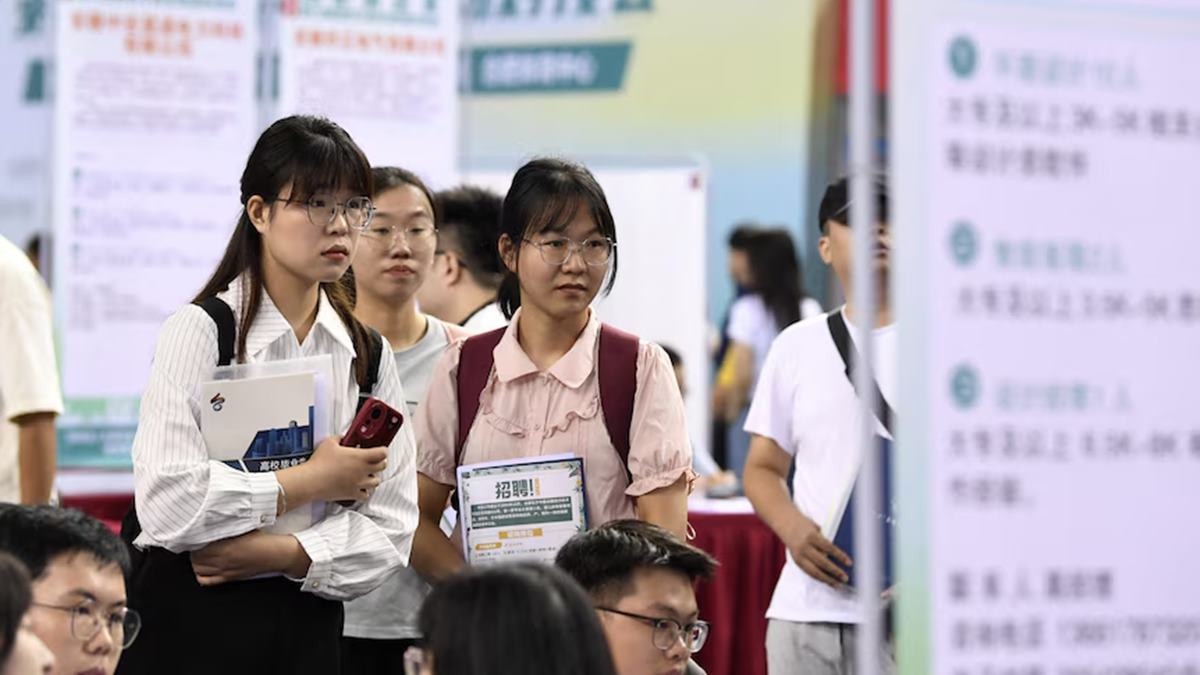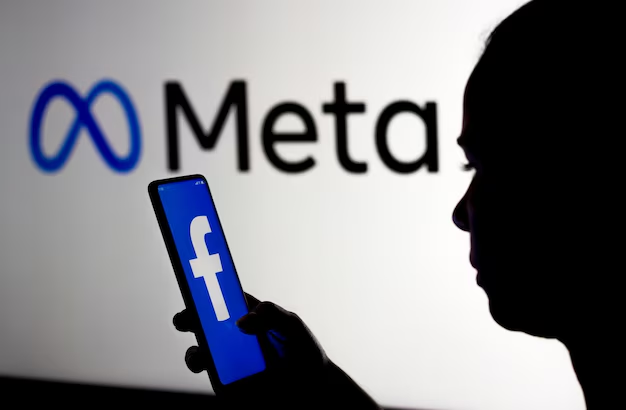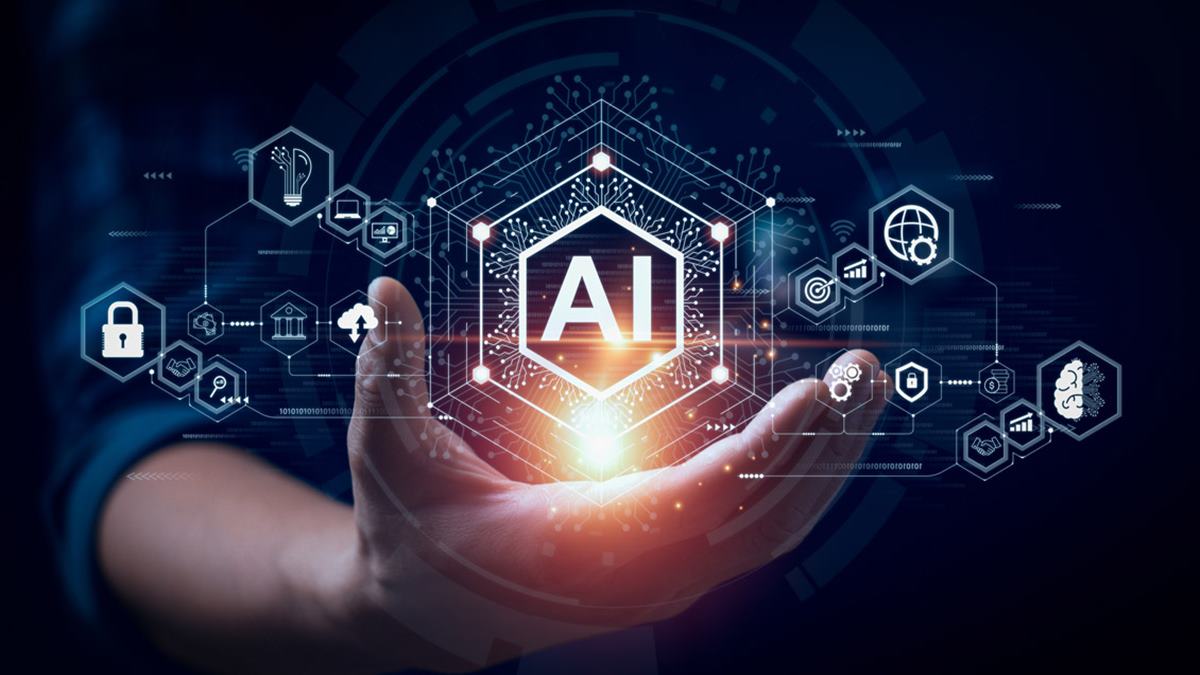Workers are increasingly worried that an artificial intelligence (AI)-driven cost-cutting wave could threaten their jobs. And Nvidia CEO Jensen Huang isn’t offering much comfort.
In a recent interview with Channel 4 News in the U.K., he said the real winners of the AI era won’t be office workers, but electricians, plumbers, and carpenters.1 “The skilled craft segment of every economy is going to see a boom,” Huang told the outlet, arguing that the build-out of AI data centers will require constant expansion, “doubling and doubling and doubling every single year.”
His view is gaining traction among other executives, despite recent data from the Yale Budget Lab indicating that AI has yet to significantly disrupt the job market. But if Huang is correct, the next decade could reshape which skills command premium pay.
CEOs Warn of Skilled Trades Shortage
Rather than software engineers and programmers being the clear winners, Huang—whose company just committed $100 billion to OpenAI’s data center buildout—argues the real opportunity lies in building the physical infrastructure behind AI.2
His prediction echoes concerns from other corporate leaders who see a gap between the industry’s ambitious data center buildout and the workforce available to make it happen.
For example, BlackRock, Inc. (BLK) CEO Larry Fink raised the issue directly with the White House earlier this year, warning that the combination of restrictive immigration policies and declining interest among young Americans in trades could create a critical labor shortage.
“I’ve even told members of the Trump team that we’re going to run out of electricians that we need to build out AI data centers,” Fink said at an energy conference in March. “We just don’t have enough.”3
A single 250,000-square-foot data center can employ up to 1,500 construction workers during buildout—many earning more than $100,000 plus overtime, all without requiring a college degree.4 Once operational, each data center supports about 50 full-time maintenance positions, with each of those jobs generating an additional 3.5 positions in the surrounding economy, according to a recent McKinsey analysis.
With global capital spending on data centers projected to hit $7 trillion by 2030, there could be a significant shift in the kind of labor the tech sector needs going forward.
What the Data Shows Thus Far
New research released on Wednesday from Yale’s Budget Lab finds little evidence yet of significant labor market disruption, almost three years after the launch of ChatGPT in November 2022.6 But job changes are happening slightly faster than during previous technology shifts like the rise of the personal computer and the internet.
Still, the shift has thus far been modest, with the trends starting before ChatGPT arrived, “undercutting fears that AI automation is currently eroding the demand for cognitive labor across the economy,” the report notes.
The researchers examined multiple angles: overall employment patterns, job changes in AI-exposed occupations, and unemployment rates among workers in high-risk fields. None showed clear signs of AI-driven job losses. Even in sectors with the highest AI exposure, like information, financial, and professional services, the occupational changes appear to have begun in 2021, well before generative AI became widely available.
The data on recent college graduates shows some possible early effects, with slight increases in how differently their job mix looks compared with older graduates. But the Budget Lab cautions this could reflect a slowing labor market hitting younger workers harder, as it typically does.
Still, students figuring out their future or workers thinking ahead to shifts in the economy may want to consider the warnings of Huang and others.
“While this finding may contradict the most alarming headlines, it is not surprising given past precedents,” the Budget Lab analysis said. “It is reasonable to expect that widespread effects will take longer than 33 months [since ChatGPT’s launch] to materialize.”
The Bottom Line
AI isn’t wiping out white-collar jobs yet—but building and maintaining its infrastructure may offer better long-term job security. As CEOs warn of skilled trade shortages, the safest jobs in the AI era may not be behind a keyboard, but on a data center construction site.




















